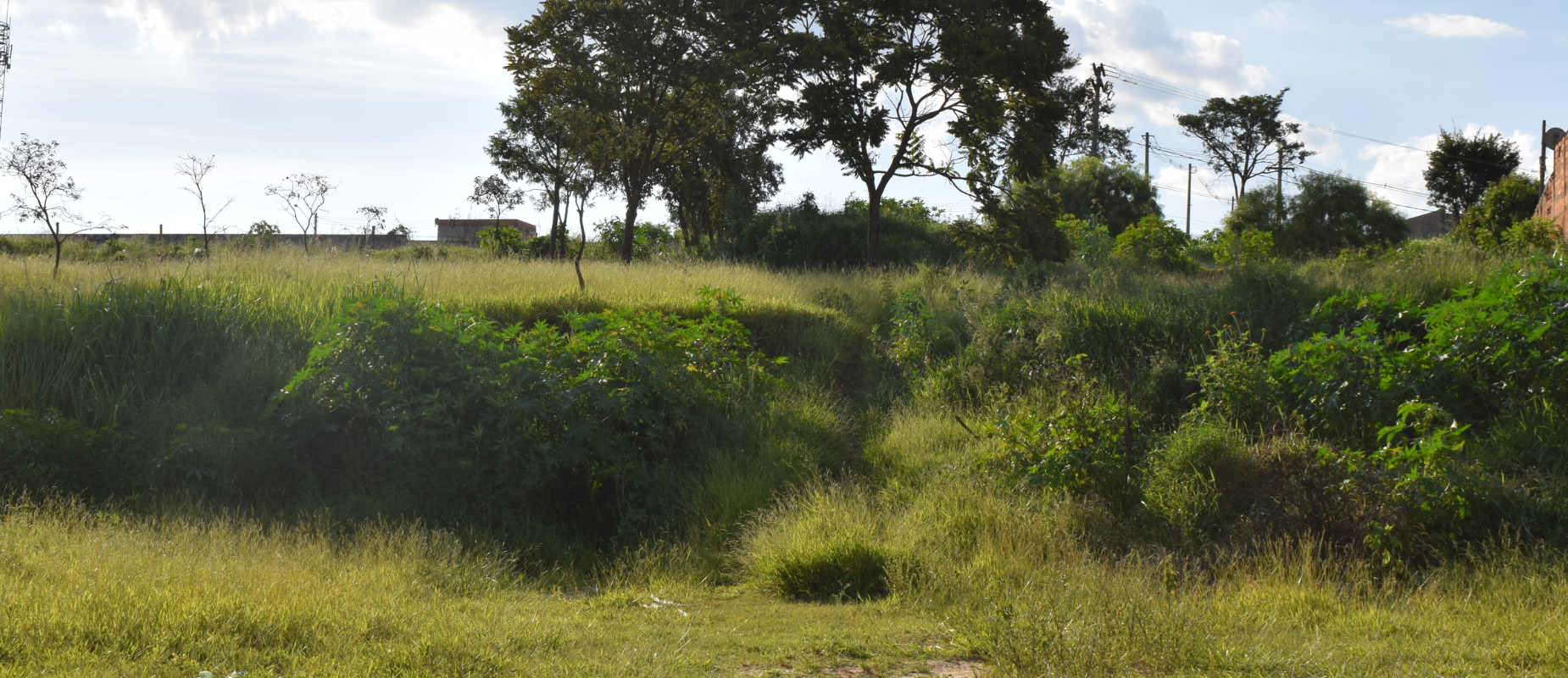
Exploring Loan Options for Vacant Land in Texas
What are the standard requirements for land loans?
In Texas, there are certain things that you need to know to get a land loan. Lenders often want to learn more about the land, like what it’s used for and what it could be used for in the future. Most of the time, the land is used as security for the loan. You might also need a down payment of 20% to 50%, depending on how raw or improved the land is. If you know these basics, it will be easier to get a land loan.
How do land loan interest rates compare to home loans?

In Texas, interest rates on land loans are often higher than rates on home loans. Lenders are more likely to lose money on land loans. When you get a home loan, the property is built and has immediate value. However, land mostly has potential value, which can change as the market does. Before choosing between land and home loans, you should look for good rates and consider your long-term goals.
Are there benefits to using a local lender in Texas?
Working with a local lender can be helpful for a land loan in Texas. Texas lenders based in the state know the real estate market better and can give good advice specific to the area. They know people in the community, which can make getting a loan easier. They may also offer more personalized service and flexible terms for Texas real estate loans, which will help you get through the process more easily.
How does a buyer’s credit affect their ability to get a land loan?
If you want to get a land loan, your credit score is critical. Credit history tells lenders if you will be able to pay back the loan. You can get better loan terms and lower interest rates if your credit score is high. Check your credit report and review the prequalification process to ensure you’re ready. Your credit score significantly affects how easily you can get a loan.
Loan Types and Their Suitability for Land Purchases
Which loan types are best for purchasing vacant land?
When buying vacant land, understanding your loan options is important. Here are some common types of loans:
- Land Loans: These are made for buying land. Lenders might ask for a big down payment. Interest could be higher than home loans because of the risk.
- Vacant Land Financing: In Texas, these loans help buy raw land. Have a clear plan for the land’s use, as it can influence approval.
- Collateral-Based Loans: You can use collateral, like another property, to get better terms. But remember, if you can’t pay, there’s a risk.
Talk with a local bank or lender to find the best loan.
What is unique about USDA loans for rural land in Texas?
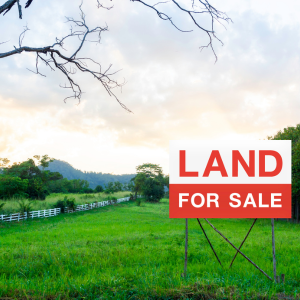
USDA loans have benefits for buying rural land in Texas:
- Rural Eligibility: These loans are for agricultural and rural development. The land must be in designated rural areas.
- No Down Payment: USDA loans sometimes allow you to buy without any down payment.
- Low Interest Rates: As government-backed loans, they often have lower rates than standard rural loans.
If you’re interested in rural land in Texas, contact USDA-approved lenders for advice.
Can a home equity loan be used to buy land?
Yes, a home equity loan can be used to buy land. Here’s how it works:
- Using Home Equity: If your home has enough equity, you can borrow against it to buy land.
- Fixed Interest Rates: These loans usually have fixed rates, which helps with budgeting.
- Versatile Use: While mainly for home improvements, home equity loans can fund land purchases, too.
Check with a lender familiar with Texas rules to see if this fits your plans.
How do construction loans work for land development?
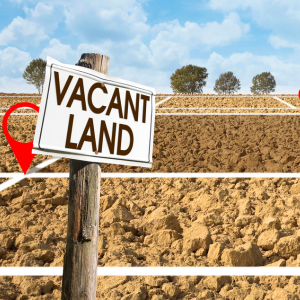
Construction loans help if you plan to develop land. Here’s an overview:
- Specific Purpose: These loans cover costs for building projects, whether residential or commercial.
- Short-Term Financing: They last through the build and then convert to a mortgage when it’s done.
- Staged Payments: Money is given in stages as work progresses, which ensures accountability.
- Variable Interest Rates: Rates may initially vary but can change to fixed after the project finishes.
If you’re developing land in Texas, construction loans can finance your project. Talk to knowledgeable lenders to understand the process.
For more information on these options, We Buy Land Quick can provide personalized advice. Contact us today to learn more.
Financial Considerations and Preparations
What financial documents are needed to apply for a land loan?
To apply for a land loan, gather essential financial documents to ease the process:
- Bank Statements: Show your banking history for financial stability.
- Loan Application Form: You fill out to begin the loan process.
- Credit Report: Lenders check your credit to understand risk levels.
- Collateral Information: Details about assets you might use for the loan.
- Appraisal Reports: An assessment of the land’s value is usually needed.
Having these documents ready can make your application smoother and increase your chances of approval when financing vacant lots in Texas.
How does prequalification differ from pre-approval for land loans?

Knowing the difference between prequalification and pre-approval helps in decision-making:
- Prequalification: A basic check of your credit score and financial information. It provides an idea of the loan amount you might get, but lacks a formal lender commitment.
- Pre-approval: A detailed look at your financial profile, including credit score, income, and debts. Lenders give a conditional commitment with specified loan terms after this process.
Both are key steps in the loan application process, but pre-approval gives stronger negotiating power with lenders.
How can a buyer improve their credit score before applying for a loan?
Boosting your credit score can help you secure better loan terms. Here are some tips:
- Timely Payments: Always pay bills and credit card dues on time.
- Reduce Liabilities: Pay off existing debts to lower your credit utilization.
- Limit New Credit Requests: Avoid applying for multiple credit cards at once.
- Check Credit Reports: Regularly review for errors and dispute any inaccuracies.
- Use Credit Wisely: Maintain a balance of different credit types, like loans and cards.
These finance management strategies can significantly boost your credit score, making you eligible for better financing options.
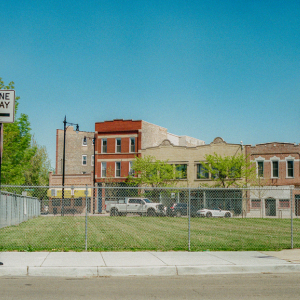
What down payment is expected for land loans in Texas?
For land loans in Texas, here’s what you should know about down payments:
- Typical Down Payment: Usually ranges from 20% to 50% of the land’s price. This depends on the type of land, loan terms, and the buyer’s financial health.
- Equity Building: A significant down payment not only secures better loan terms but also increases your equity in the property right away.
- Lender Requirements: Each lender may have different criteria, so discussing options with them is vital.
Investing a sizable amount as a down payment can simplify the financing process and offer better returns on your investment in Texas land.
Legal and Practical Aspects of Buying Land
What legal aspects should be considered before buying land in Texas?
Before buying land in Texas, check the deed to confirm who owns it and see if there are any restrictions. Know about easements because they can affect how you can use the property. Learn about Texas land laws, including real estate rules, property taxes, and zoning. It’s smart to talk to a lawyer who knows Texas real estate to help with these legal matters.
How do easements impact land purchases?
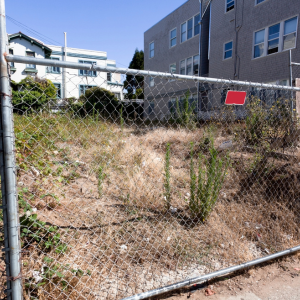
Easements give someone else the right to use part of your land for access or utilities. Knowing about easements in Texas is essential since they can limit how you use your property. For example, an easement might let neighbors cross your land, which could affect privacy and how you use the land. Before buying, check all recorded easements with a real estate lawyer to see how they might change your rights and affect the property’s value.
What is the role of an appraisal in the land-buying process?
An appraisal helps you determine what the land is worth in the market. In Texas, appraisers look at market trends, the location of the property, and similar sales. This value is key for buyers because it affects loan decisions, and the loan amount should not exceed the property’s worth. A good appraisal protects both the buyer and lender by confirming the actual value of the investment.
How can a buyer determine the correct type of land for their needs?
To pick the right land, think about how you want to use it—for fun, farming, or as an investment. Check if the property fits your needs by looking at its location and how close it is to things you need. Considering rural property, consider how easy it is to get utilities and access roads. A real estate professional who knows the area can help you find land that meets your needs.
Engaging with Realtors and Lenders
What should a buyer look for in a realtor specializing in land?
If you want to buy empty land, work with a real estate professional who knows the area well. Get help from someone who knows a lot about Texas real estate. A good land expert can help you determine how much the land is worth and how to present your offer best. They need to know how to buy land and use the market in their area. It would help if they also learned about environmental and zoning laws. That way, things won’t go wrong.
How can a buyer find knowledgeable lenders for land loans?
You can get a land loan from banks, credit unions, and mortgage brokers. For the most part, Texas lenders working in rural areas know more about how to lend money and finance land. Rates and services may be better at banks and credit unions in your area. Find out how they handle loan requests if you want to borrow money for land.
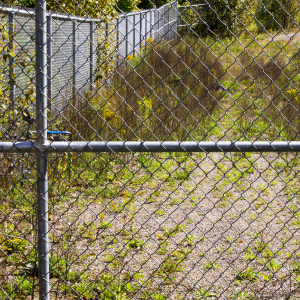
What questions should be asked when contacting lenders?
This is what you should ask lenders when you talk to them:
- How much do land loans cost, and how long do they last?
- Do I need to make a down payment or put up collateral?
- What kinds of loans are there for people who want to buy land?
- Would you please explain how to get a mortgage and a land loan?
- Are there any extra costs?
- What does my credit score have to do with my rates and eligibility?
- Is pre-approval possible? If so, how do I get it?
How can partnerships with local experts facilitate the buying process?
Working with people who live in the area makes it easier to buy land. Talk to real estate professionals, lenders, and community leaders who have done this before for good advice. Knowing a lot about the area is beneficial when giving legal advice, evaluating homes, or inspecting them. You can better understand zoning laws and do thorough surveys if you get help from people in the area. These groups work together to make it easier and better to buy land in Texas.
FAQs:
What financing options are available for buying vacant land in Texas?
There are several ways to finance vacant land in Texas. You can consider land loans from banks, credit unions, seller financing, and special loans like rural property loans. Local lenders might also offer programs specific to Texas properties.
Can I use a personal loan to buy land in Texas?
Yes, you can use a personal loan to buy land in Texas. Remember that these loans usually have higher interest rates than traditional land loans. Before deciding, explore all your options, including home equity loans and land-specific financing.
How do you qualify for a land loan in Texas?
To qualify for a land loan in Texas, you need good credit, a solid down payment, and proof of income. Lenders might also check if you plan to improve or build on the land. A strong application increases your chances of approval.
Are there special considerations for getting a loan on rural or agricultural land?
Rural or agricultural land could qualify for specific loans, such as USDA farm loans or Small Business Administration programs. These options often have favorable terms for agrarian use, making them an excellent choice for financing farm improvements.
Can existing property equity be used to finance the purchase of vacant land?
You can use a home equity line of credit (HELOC) to finance vacant land purchases. This lets you use the value of your current property as collateral, possibly securing a lower interest rate than with other loan types.
What role do banks and financial institutions play in land financing?
Banks and financial institutions offer various options for land financing, including land loans, mortgage loans, and refinancing. They help buyers with the application process and tailor loan packages to meet specific needs. Working with knowledgeable lenders ensures you get the best terms.
Is it easier to get a loan for a lot in an urban area compared to rural land?
Getting financing for land in urban areas can be easier due to perceived lower risk and higher demand. Urban land usually has more development potential, which appeals to lenders. However, rural loans with government programs are also available for eligible buyers.
What are some tips for first-time land buyers in Texas?
First-time land buyers should research financing options, study market trends, and consult professionals like lawyers or wealth managers. Understanding local zoning laws and possible land uses is essential to make informed decisions. Working with trusted experts can ensure a smooth buying process.
Key Insights
- Buyers in Texas can explore options like vacant land loans, refinancing, and seller financing for different property types, including pasture and urban lands.
- To get a loan on land or property, consider factors such as loan application requirements, credit score, and available payment options that suit your financial goals.
- Seek guidance from wealth management experts and bankers on handling investments, finance, and managing student loans or personal loans.
- Learning about mortgage insurance, FHA loans, and VA loans can offer various lending choices based on your specific needs and eligibility.
- For recreational or farm properties in Texas, consider financing options like Texas ranch land loans or hunting land loans.
- Look into flexible loan terms, such as subdivided land loans or modular home loans, to accommodate your property improvement or building plans.
- Use resources like LendingTree to compare banks and lenders and find the best rates and terms for your purchase or refinance.
- Stay updated on market trends and use local expertise from entities like Southstar Communities to gain competitive advantages in Texas land banking.
Looking to sell your land in Texas? We make it easy! Whether you’re in Houston, San Antonio, Dallas, Austin, Fort Worth, El Paso, or nearby, we buy land statewide and guide you through every step. Contact us at (469) 529-7977 for expert assistance!

